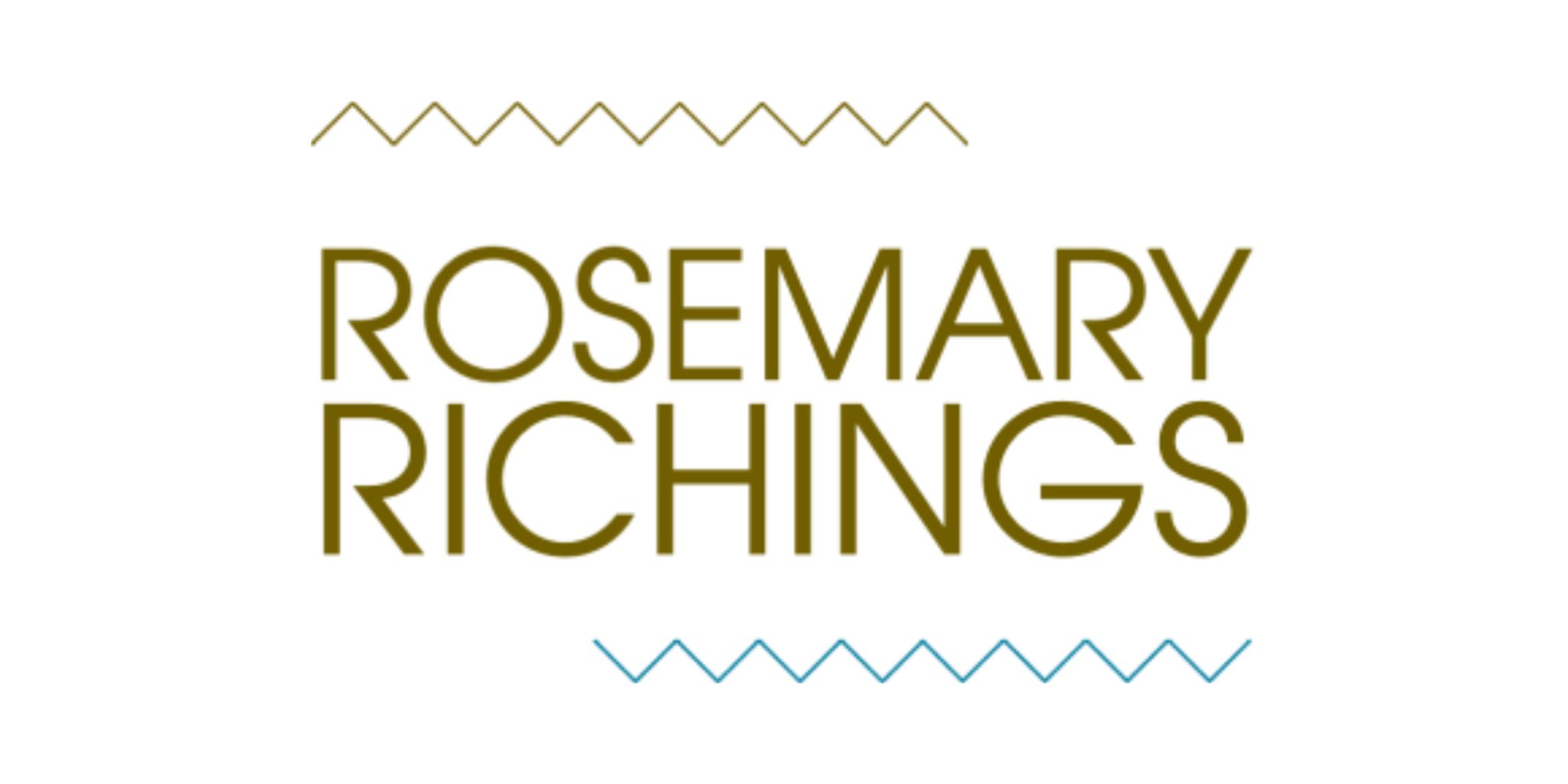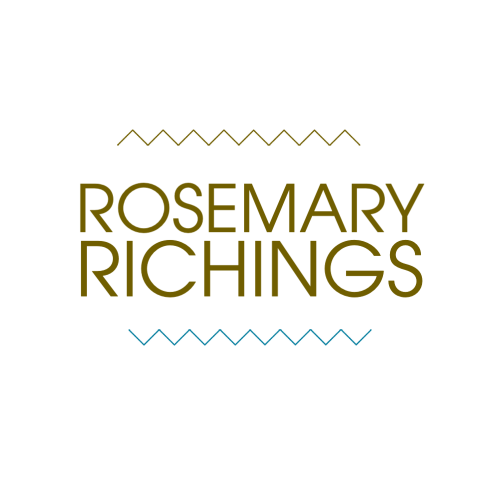More than one person reached out to me via LinkedIn this week, asking for my advice about either freelancing or a specific publication I write for.
One of the conversations that really stuck with me was the “how did you get started in freelancing?” question from an aspiring freelancer. Freelancing is only a recipe for success if you’re a very specific kind of person. You have to be one of those people that doesn’t just talk about how nice it would be to do something. You have to go out there and give it a try, while having a brain full of entrepreneurial ideas on how to make money off it. Freelancing is a lifestyle that’s designed for hyper-focused, hyper-disciplined human beings that can self-sufficiently complete the task at hand.
It also takes a really thick skin because let’s face it: rejection and critical feedback will happen. I have this friend for instance that is in the early stages of a self-employment career path, and they’re having a really hard time, because their self-esteem is not all that high to begin with, and every time they get rejected they look as if it’s their fault, and like their world is crumbling apart. If you have the same problem as my friend freelancing is going to be a harsh ride.
The most important lesson I’ve learned about freelance/ self- employment related rejection is that it’s a bit like dating and break ups. You know the “it’s not you it’s me” cliche? That’s why I make that comparison. When you put it into perspective it’s 100% truthful. It’s never about what you did, or the quality of the effort you put into it. It’s just about what the person on the other end wants. I’m the daughter of a professional actor so every time rejection frustrates me I think of my dad’s audition stories: (the common reasons why they say “no” is because they want someone taller, shorter, with a specific accent, or with a specific background. )
People make freelancing look too easy. That’s why there’s too many people freelancing who shouldn’t be freelancing. I guess I’m just lucky because my dad has been self-employed for more than thirty years, and my mother had phases of self-employment so I knew what it meant to be self-employed at a very young age.People often say: “it must be nice to work in your PJs and make your own hours.” Yes, it is nice, and yes it is true, sometimes I do spend entire days working without getting dressed. I always make a point of reminding them that there’s much more to it than that, while joking about how cool working in my PJs really is, because more people need to know that there’s a lot more to it than doing whatever you want.
Okay, so let’s move on to the issue of how to get started. Truthfully it’s a slow process but it’s also an attractive process because you go out there and get your own experience instead of being reliant on a job application’s acceptance. I often compare it to the commonplace, promotion system, that’s present in every industry. You don’t just go to The New Yorker like places of this world and instantly get their attention unless you have some kind of amazing connection or you’re just really lucky.
Something I’ve learned about freelancing is that you start small, and then work your way up. Start with the small, independent places that don’t pay much, but are willing to work with talented, industry newcomers, get valuable experience, develop a great portfolio, and then move on to the medium and large places. The medium and large places prefer people that can show that they’re experienced so starting small is a necessary starting point.
I tried the “start small and work your way up” approach and it worked. I started with small businesses and independent online magazines clientele and with lots of time, hard work, and resilience I got the attention of places like Yellowpages and Kijiji, and scored a blogging independent contractor position with an American photo editing software company. For instance, the only reason why I scored the copywriting position with Kijiji is that they saw something I wrote about their company, and they loved it so much, that they reached out to my editor, got my email address from her, and then offered me a freelance copywriter job.

